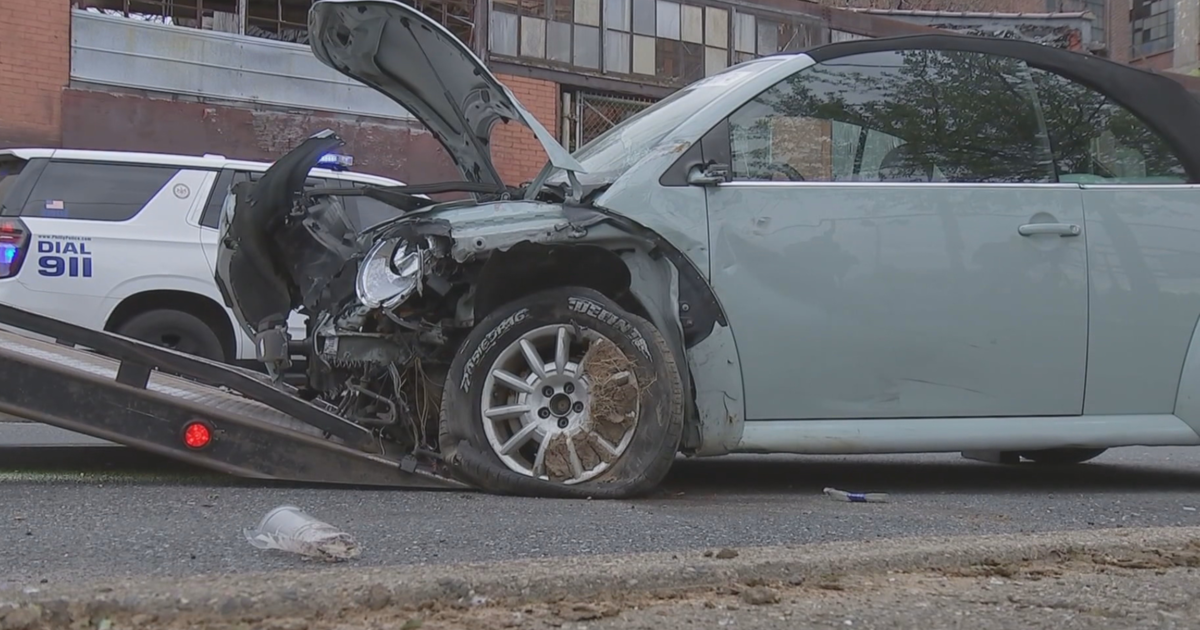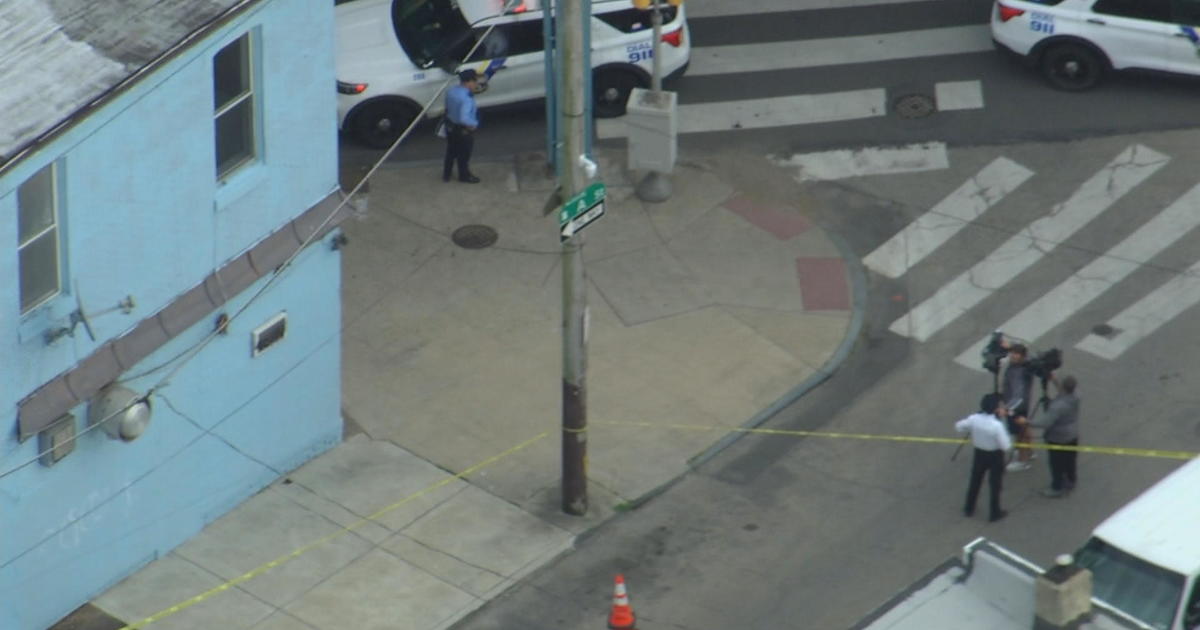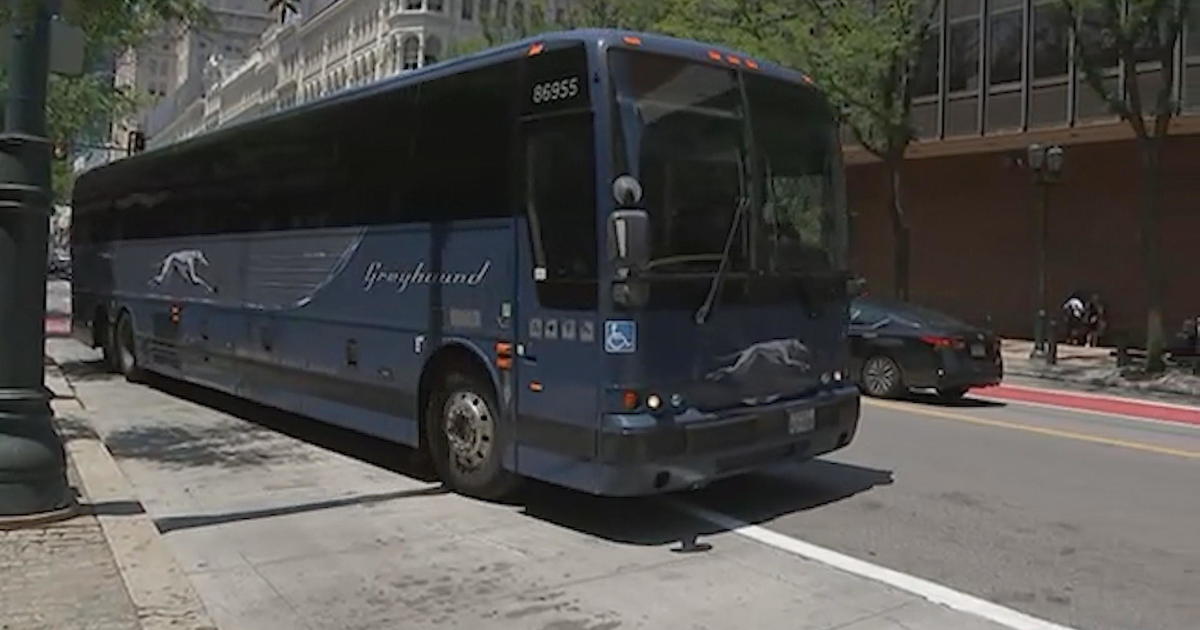COVID In Philadelphia: Dr. Thomas Farley Says City Is 'Doing The Best We Can' To Administer Vaccine Despite Slow Process
PHILADELPHIA (CBS) -- COVID-19 vaccinations are off to a slow start in Philadelphia. Health officials admit more than half of the doses available have not been administered. And there is also a racial disparity among health care workers currently getting the vaccine.
What's happening in Philadelphia is reflected around the country, African Americans are historically reluctant about vaccines. Administering this COVID vaccine is a slow, complicated process.
Still, city Health Commissioner Dr. Thomas Farley says the city is doing better than most.
"We would like to have more vaccines in people's arms right now but we're doing the best we can," Dr. Farley said.
The health commissioner says the rollout of the COVID vaccine has been slow mainly because of the holidays. Currently, about 60% of the doses available in the city have not been administered.
"I think we will adjust and improve as we get more vaccine and more experience," Dr. Farley said.
The city is getting about 20,000 doses a week which will probably increase some, but Dr. Farley says it could take a year to get everyone vaccinated in Philadelphia.
"The vaccine, unfortunately, will not be here in enough doses to help get us through this winter wave," he said.
Of the health care workers currently being offered the vaccine, about 30% are not getting it. Many are African Americans who are more likely to get COVID and have serious complications.
"We believe they have less trust in the medical care system, let me say that completely understandable given the history of how African Americans have been treated in this country, historically and through today," Dr. Farley said. "We hope this number will improve as everyone sees others getting vaccinated."
One local doctor tells Eyewitness News people are willing to choose between life and potentially death when it comes to making a decision on receiving a COVID-19 vaccine.
And it all comes down to history in the Black community.
"With great reason, many African Americans are reluctant to receive a coronavirus vaccine, and that comes from years of unfortunate mistreatment by the healthcare community," said Dr. Ala Stanford, founder of the Black Doctors COVID-19 Consortium.
Choosing between a COVID-19 vaccine or taking your chances with contracting the coronavirus, it's the reality many are facing but especially in the African American community.
"Is it more of a risk for you to get coronavirus or is it more of a risk for you to take the coronavirus vaccine? And I just leave it there," Dr. Stanford said.
She received her first dose of the Pfizer vaccine on Dec. 16.
"After the first dose, driving home I felt a little queasy, sick to my stomach. My arm was sore and I had a headache. By the time I got home, I felt kind of OK, I slept. But the next day I was exhausted."
Dr. Stanford is one of a small number of African Americans who made the decision to be vaccinated.
It's a decision many other African Americans in the healthcare community are opting out of, according to Philadelphia officials.
"No one is going to force them to take the vaccine. All we can do is offer it to them and make it easy for them to get it and try to talk to them to address their concerns," Dr. Farley said.
Dr. Stanford believes those of color working in the hospitals are also skeptical of the vaccine due to the history. When it all comes down to it, it is a personal decision.
But Dr. Stanford says, time is of the essence.
"If you're opportunity arises and you miss it there may not be vaccine again for a while, and that is the truth," she said.
Dr. Stanford will receive her second dose of the Pfizer vaccine on Wednesday.
The next group to be vaccinated are frontline essential workers, which could start in February.
A survey is currently being done to determine who exactly falls into that group and details are still being worked out on how and where shots will be given.
"It's going to look probably something like how you can get testing right now, you see a combination of different sites, with specialized vaccination clinics, pharmacies, hospitals and other health care providers," said Dr. Farley.
He also said the more contagious COVID variant from the United Kingdom that's been identified in several states may already be in the Philadelphia region.
Specialized testing to identify it is underway.
CBS3's Stephanie Stahl and Kimberly Davis contributed to this report.
MORE ON CBSPHILLY.COM
7 People Charged In Connection To Vandalism Of Federal Building In Center City On New Year's Eve



